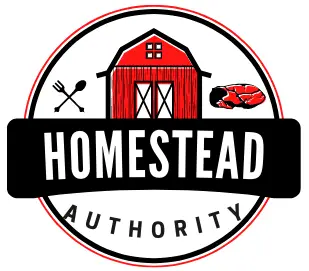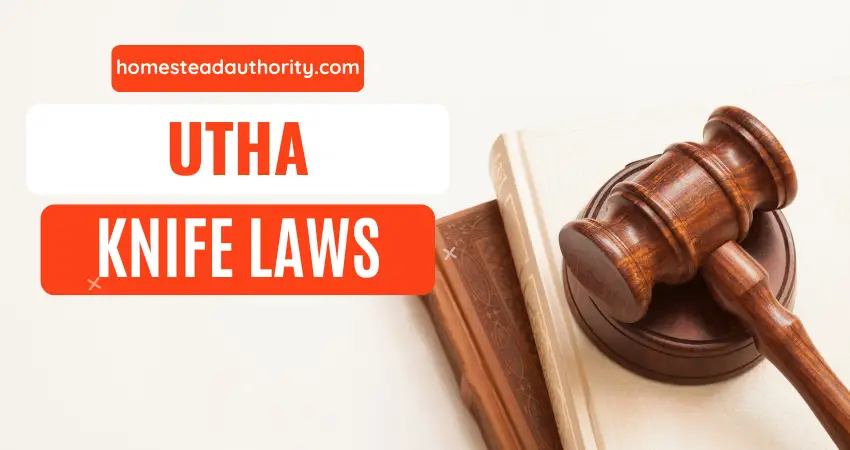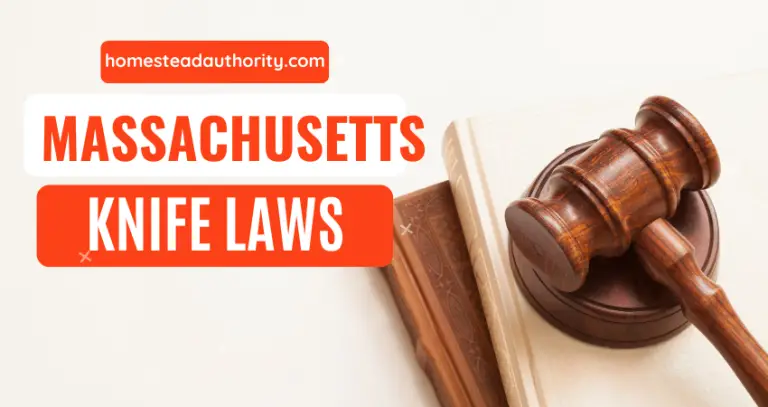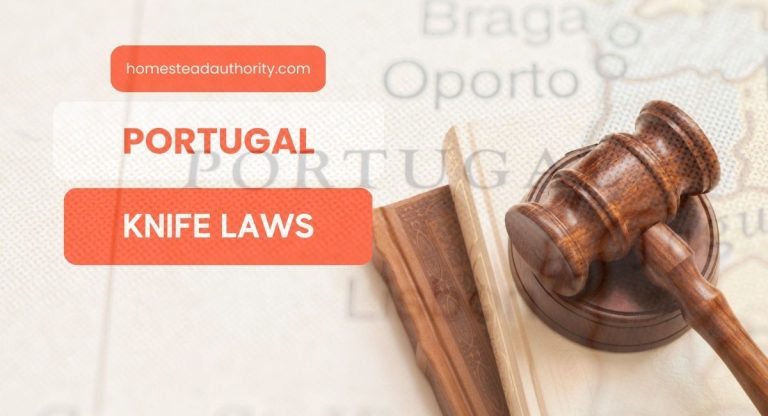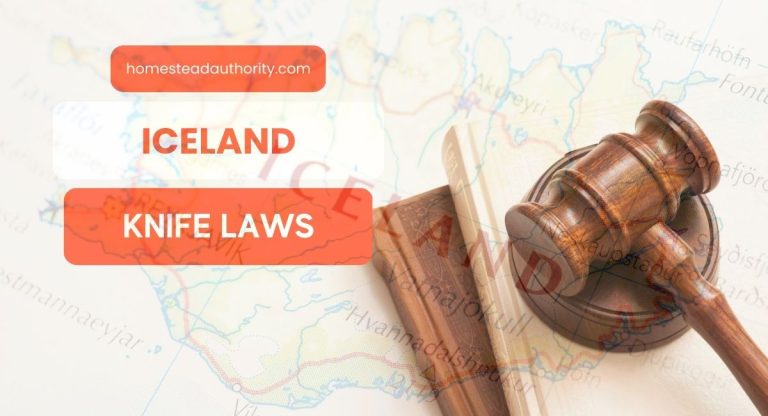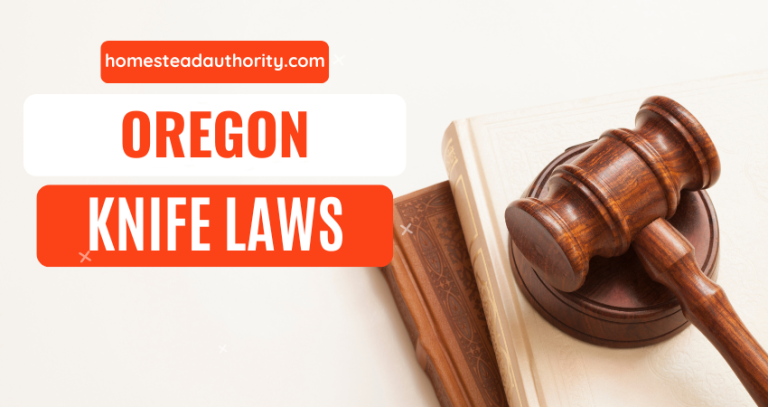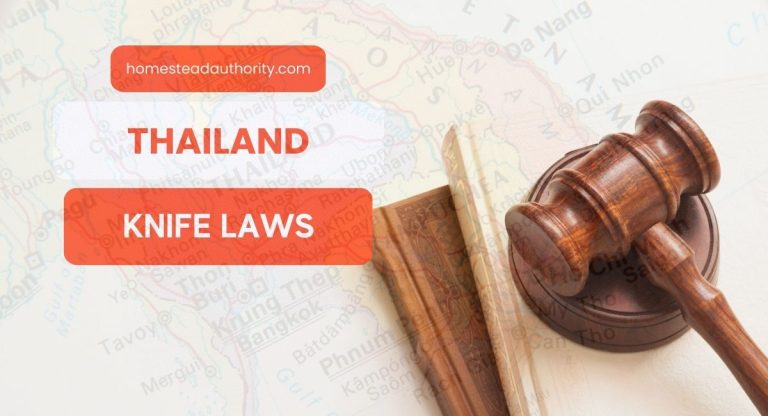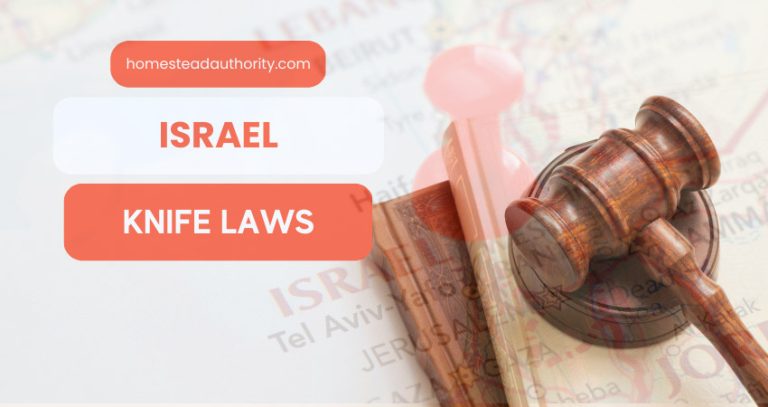Utah’s Knife Laws Explained: What You Need To Know
Utah may seem like a place that has lenient knife laws. However, that is only true for the uninitiated.
The knife laws of Utah can be vague at first glance, and it may even seem like the state has little to no restrictions on using knives.
This couldn’t be further from the truth. It would be a mistake to think that Utah is liberal about its knife laws.
Utah has some unique laws, and it was one of the first states to implement its knife laws. It is the second state in the US to adopt a statewide preemption law.
Their leadership has laid the groundwork for the modern movement of knife laws in America and has inspired other states to establish their knife laws.
In this article, we’re going to discuss the complex and fascinating knife laws of Utah.
If you don’t understand the legal jargon, this article will translate the necessities of knife laws, what is legal and what isn’t in Utah.
Quick Legal Facts
Here are some quick legal facts about the Utah knife laws. These will give you a quick idea of the dos and don’ts in Utah when it comes to knives.
- Illegal Knives: No specific knives are illegal in Utah.
- Concealed Carry: Any knife that is not a dangerous weapon can be carried in a concealed manner in Utah.
- School Ground: Any knife that is considered a dangerous weapon is prohibited from both private and public educational institutions, regardless of whether carried in a concealed or open manner. This includes elementary schools to institutions of higher education.
- Statewide Preemption: Available (state law overrules local law)
- Critical Dimension: None whatsoever (any knife length is acceptable as long as it’s not a dangerous weapon)
List Of Illegal Knives In Utah
It might surprise you to know that Utah does not impose illegality on any specific knives. That’s right – no knives are illegal to own or carry in Utah.
As simple as that may seem, carrying a knife in Utah is more complicated than that. Instead of declaring a list of illegal knives, Utah state law has listed two categories of people.
These two categories of people are not allowed to own certain weapons, known as “dangerous weapons.” The categories of restricted people are known as categories I and II.
List Of People Restricted To Carry Knives In Utah
According to Utah Code – 76-10-503, a category I restricted person is usually someone who has been convicted of a felony.
This list includes violent offenders who have been convicted of serious crimes.
This includes –
- Someone who’s been convicted of a violent felony offense under Utah Code Ann. Section 76-3-203.5 Someone who is an illegal immigrant living inside the United States
- Someone who has been adjudicated as a delinquent in the last 10 years, and would be a Utah Code Ann. Section 76-3-203.5 violent felony offender had s/he been an adult during the crime Someone who is on parole/probation for any felony
- Someone who is on parole from a facility that has a contract with the Division of Juvenile Justice System and is under 24-hour supervision and confinement.
- Someone who is currently committed to the Division for Custody and Rehabilitation
According to Utah Code – 76-10-503, a category II restricted person is usually someone who isn’t a serious felony offender but rather has had brushes with the law.
The list includes –
- Someone who has been convicted of any felony
- A former citizen of the United States who has renounced their citizenship
- Someone who has been dishonorably discharged from any of the armed forces
- Someone who has been adjudicated as a delinquent for committing a crime that, had s/he been an adult, would be considered a felony
- Someone who is an unlawful user of an illegal/controlled substance according to Utah Code Ann. Section 58-37-4.2
- Someone who is in intentional possession of a dangerous weapon and Schedule I or II controlled substances, as described in Utah Code Ann. Section 58-37-4.2
- Someone who has pleaded insanity against a felony offense conviction and been found innocent
- Someone who is considered mentally incompetent to stand trial for the conviction of a felony offense
- Someone who is mentally incompetent or has been committed to a mental institution by proper authorities
What Is The Definition Of A Dangerous Weapon?
According to the Utah Criminal Code Title 76, Part 5 Weapons, a dangerous weapon is –
- A firearm
- An object that has an intentional capability of causing death or serious physical damage
Certain factors are taken into account to determine whether an object can be considered a “dangerous weapon” or not. These are –
- When and where the object was possessed or used
- The primary application of the object
- The character of the wound, in case a wound is found and was produced with the object
- How the knife was used (lawful or unlawful)
- Whether the usage or possession of the object poses a potential imminent threat to public safety
Those who fall under either one of two categories of restricted people may not carry or own any knife that falls within the definition of a dangerous weapon.
People who don’t fall under either of these categories are allowed to own and carry (openly and conceal carry) any knives of any size in Utah, regardless of whether the knife is a dangerous weapon or not.
Illegality Based On Areas
According to Utah Code 76-10-505.5, it is illegal to carry any kind of knife, blade, or dangerous weapon inside or near school premises.
School premise refers to –
- A daycare facility or a pre-school
- A private or public elementary school/kindergarten
- A private or public middle school or high school
- A private college, university, or a community college
- The nearby area of a school, such as a field or parking space
Similarly, it is discouraged to carry any dangerous weapons inside federal buildings, airports, or high-security areas.
Although there aren’t specific laws that prohibit one from carrying a knife in such places, it can be potentially dangerous to carry knives in high-profile public spaces.
Statewide Preemption In Utah
Utah has complete statewide preemption, which means no local government can impose a more strict law than the state law.
Utah has solid preemption laws that prohibit the involvement of a local government unless the legislature specifically gives responsibility to a municipality or a local government.
According to Utah Law 10-8-47.5, a municipality or a local government cannot enact a punishment more severe than that of the state.
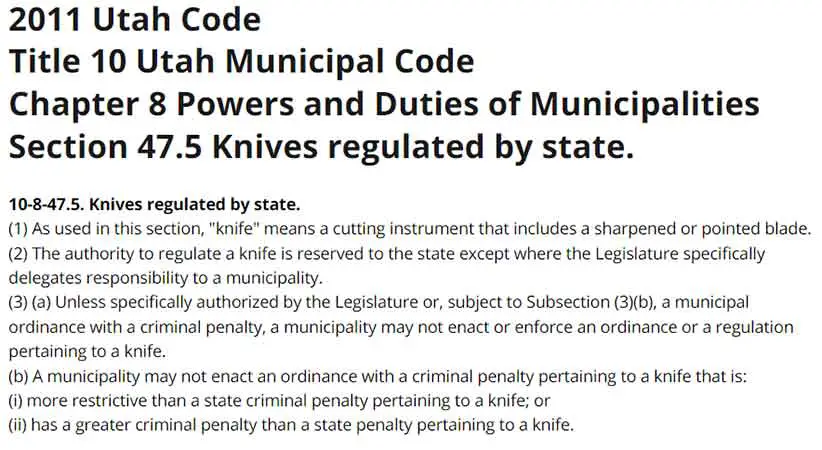
Also, the authority to regulate a knife strictly belongs to the state unless the legislature specifically delivers the right to a local government.
This means you won’t fall into any extra problems with the local government regarding a knife.
Illegality Based On Concealment
Utah doesn’t have any specific laws when it comes to concealment.
Unless you fall under the definition of a restricted person according to Utah Code – 76-10-503, and as long as it’s not a dangerous weapon, you’re allowed to conceal carry any knife in Utah.
However, unless you have prior permission, it’s illegal to conceal carry any knives inside school premises, so keep that in mind.
Illegality Based On Possession And Trade
Utah doesn’t have any specific laws regarding the sale or possession of knives.
If you’re not a restricted person, then you’re allowed to sell or possess any knives in Utah, even Ballistic knives and Blackjacks, which are otherwise prohibited by federal law in most states.
However, according to Utah Law 76-10-503, it is illegal to knowingly sell a dangerous weapon to a restricted person. It is also illegal to sell a dangerous weapon to someone if you know they’re going to use this weapon for unlawful purposes.
It is also illegal to lie about the legality of a dangerous weapon to a potential buyer.
Penalties And Punishment For Carrying Illegal Knives
Utah has stringent knife laws that are implemented swiftly. If you break any of these laws, there are dire consequences based on the severity of the crime. For example –
- Violating the Utah Code 76-10-505.5, which is possessing a dangerous weapon inside school premises, is a class B misdemeanor and is punishable by 6 months in prison and a fine of 1000 dollars.
- Violating the Utah Code 76-10-506, which is threatening or using a dangerous weapon with the intent of physically injuring someone, is a class A misdemeanor and is punishable by 364 days in prison and a fine of up to 2500 dollars.
- Violating the Utah Code 76-10-507, which is possessing a deadly weapon with criminal intent, is also a class A misdemeanor and is punishable by up to 364 days in prison and a fine of up to 2500 dollars.
- According to Utah Code – 76-10-503, it is illegal for Category I to restrict people from owning or carrying a dangerous weapon. Violation of this law is a third-degree felony and is punishable by an indeterminate amount of time – up to 5 years, and a fine of up to 5000 dollars.
- According to Utah Code – 76-10-503, it is illegal for Category II restricted people to own or carry a dangerous weapon. Violation of this crime is a class A misdemeanor.
Knowingly selling a dangerous weapon to a Category I restricted person with the prior knowledge that this weapon is going to be used for unlawful purposes is a third-degree felony and is punishable by up to 5 years in jail and a fine of up to 5000 dollars.
List Of Legal Knives
It is legal for you to own any knives as long as you’re not a restricted person, according to Utah Code 76-10-503.
Besides, Utah doesn’t have a critical dimension for knives, so carrying knives of any length and size is acceptable, both as open carry and conceal carry.
These are the knives that are legal to own in Utah.
- Bowie knife
- Pen knife
- Gravity knife
- Gimlet
- Clasp knife
- Dirks
- Daggers
- Butterfly knife
- Balisongs
- Jackknife
- Stilletto
- Switchblades
- Ballistic knife
- Disguised knives
- Machetes
Exceptions In The Knife Law Of Utah
Although Utah has a lot of laws regarding “dangerous weapons” and their usage, there are some exceptions.
This is good news because a lot of laws can very easily be manipulated to use against a victim.
Some of these exceptions are –
In answer to Utah Code 76-10-506, it is not a crime to draw a dangerous weapon with the intent of inflicting damage on another person if one is in a life-threatening, fearful situation and believes that unlawful/illegal force is being forced on them.
In answer to Utah Code 76-10-505.5, there is an exception to this law if the possession of a dangerous weapon is approved by a responsible school administrator.
There is also an exception if the weapon (knife) is used for lawful activity and kept safely inside a controlled vehicle.
Dangerous weapons laws exempt anyone who is a member of a law enforcement agency or armed forces.
This includes a United States marshal, a federal officer, a peace officer of the state, and a judge.
Conclusion
If you’ve read this far, you’ll have gotten a basic understanding of the knife laws of Utah. At first glance, Utah may seem like a mixed bag when it comes to knife laws.
However, on further viewing, you’ll notice that most of its laws are placed to prevent criminal intent and activity.
The laws may seem vague, but they’re tightly integrated to stop anyone from creating an unfriendly situation.
For normal civilians carrying knives for self defense, Utah is unrestrictive and helpful.
In this article, we’ve tried to help you understand the many different aspects of the Utah knife laws. We hope this was helpful. Thanks for reading.
